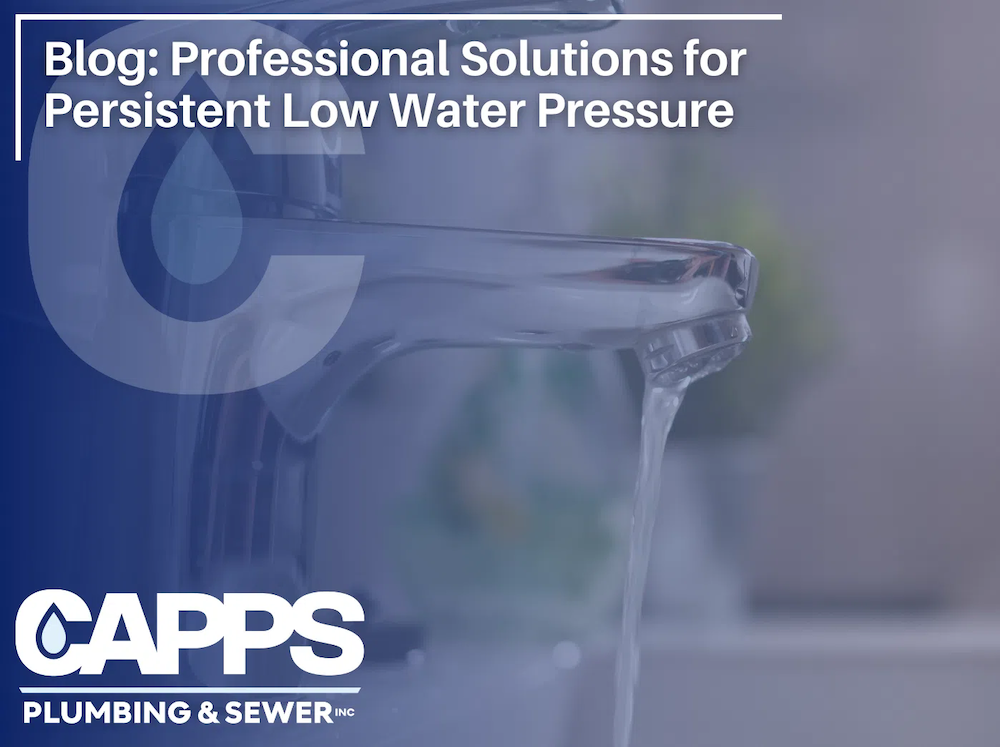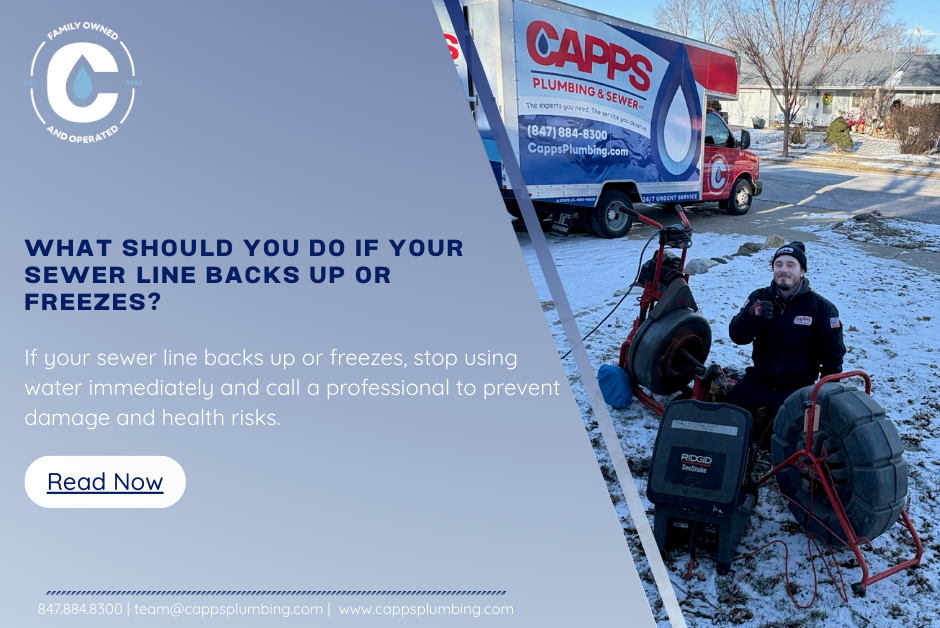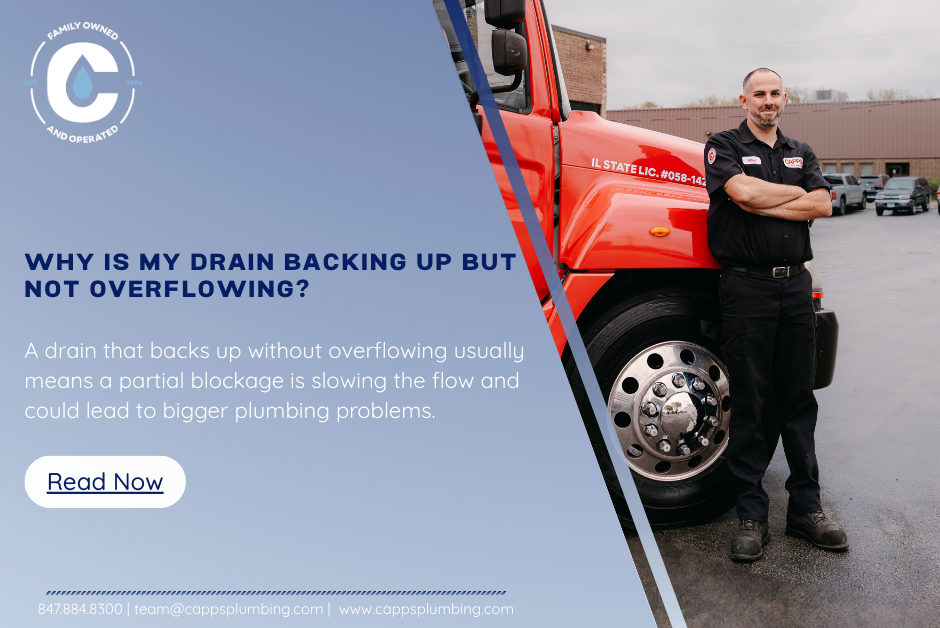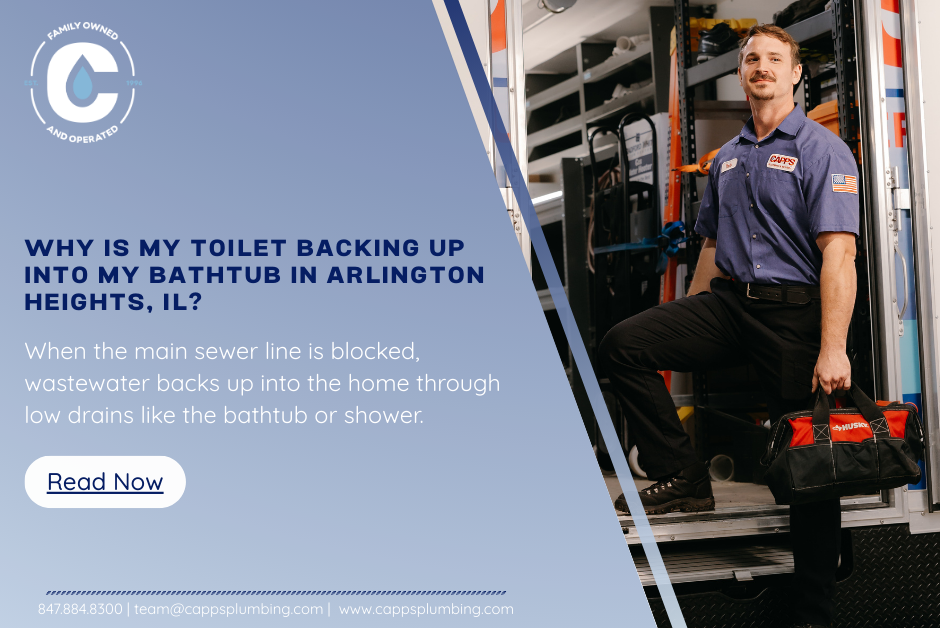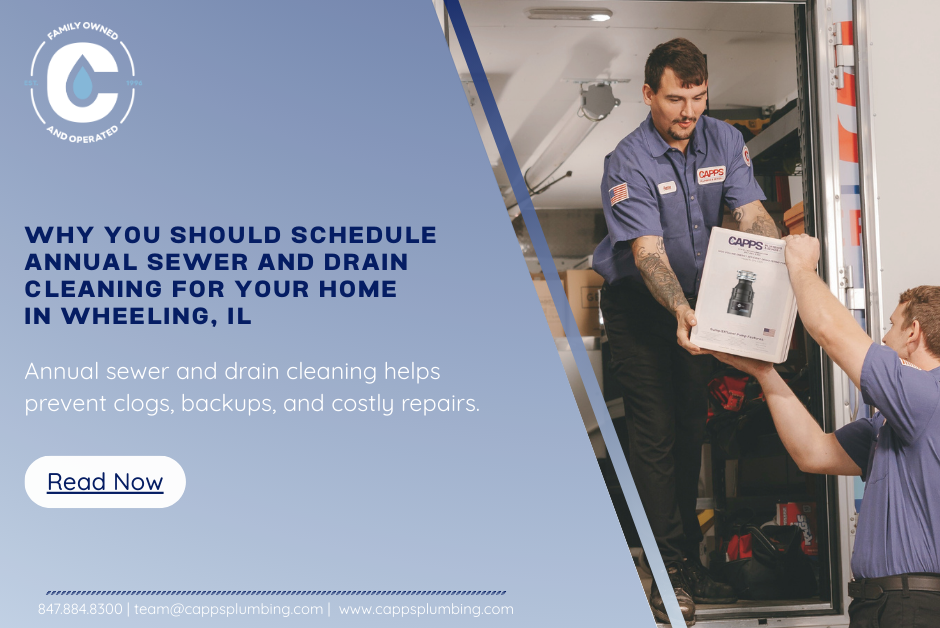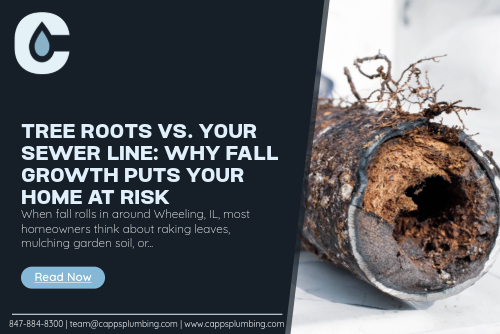Introduction
Low water pressure can be a frustrating problem to deal with in your home. It can affect various aspects of your daily life, such as showering, doing laundry, and even simple tasks like washing dishes. Not only does low water pressure make these tasks more time-consuming, but it can also indicate underlying issues with your plumbing system. Finding solutions to low water pressure is crucial in order to improve the quality of life in your home and avoid dealing with frustrating tasks in the future.
There are several potential causes of low water pressure in your home. It could be due to clogged pipes, mineral deposits, leaks, faulty fixtures, or problems with the pressure regulator. Each situation is unique, and it requires the expertise of a professional plumber to identify the cause of the low water pressure and implement effective solutions.
By understanding the causes and solutions for low water pressure, you can ensure a consistent and reliable water flow in your home, improving your quality of life and preventing potential plumbing problems.
Effective Solutions for Addressing Persistent Low Water Pressure
Persistent low water pressure can be a frustrating problem to deal with. Fortunately, there are several effective solutions that can help address this issue and restore a consistent water flow in your home.
One of the first steps in addressing low water pressure is to identify the root causes. This may involve clearing clogs in the pipes, repairing or replacing corroded plumbing, sealing leaks, fixing faulty fixtures, replacing pressure regulators, or installing water pressure boosters. By addressing these underlying issues, including adjusting the water pressure regulator, you can improve the water flow and pressure in your home.
In the following sections, we will explore each of these solutions in more detail, highlighting their benefits and how they can effectively address persistent low water pressure in your home.
1. Identifying the Root Causes of Low Water Pressure
One of the key steps in addressing low water pressure is identifying the root causes. There are several potential culprits, and each situation may have a unique combination of factors contributing to the problem.
Mineral deposits can accumulate in the pipes over time, restricting the flow of water and causing low water pressure. Hard water, which contains high levels of minerals like calcium and magnesium, is particularly prone to causing mineral buildup in the pipes.
Issues with the water supply can also lead to low water pressure. This could be due to problems with the municipal water supply or issues with the well system if you have a private water supply.
By identifying the specific causes of low water pressure in your home, you can then implement the appropriate solutions to address the problem effectively.
2. Regular Maintenance Checks for Early Detection
Regular maintenance checks are crucial for detecting and addressing low water pressure issues early on. By monitoring the water pressure in your home and inspecting your plumbing fixtures, you can identify any potential problems before they worsen.
Measuring the water pressure using a pressure gauge can help determine if it is within the normal range. If the pressure is consistently low, it may indicate underlying issues that need to be addressed.
Inspecting your plumbing fixtures, such as faucets and showerheads, for any signs of corrosion, clogs, or leaks can also help identify potential causes of low water pressure. Fixing these issues promptly can prevent further damage and ensure a consistent water flow in your home.
Regular maintenance checks, along with timely repairs and replacements, can help maintain optimal water pressure and prevent persistent low water pressure problems.
3. Installing Water Pressure Boosters for Immediate Relief
If your home’s water pressure is consistently low, installing a water pressure booster can provide immediate relief. A water pressure booster is a device that increases the water flow and pressure from the main supply line to your home’s plumbing system.
Water pressure boosters work by using a pump and an expansion tank to pressurize the water before it reaches your faucets and fixtures. This can significantly improve the water flow and increase the overall water pressure in your home.
By installing a water pressure booster, you can enjoy a consistent and reliable water flow, eliminating the frustrations and inconveniences of low water pressure. It is important to consult with a professional plumber to determine the right type and capacity of water pressure booster for your home’s specific needs.
4. Upgrading Old Plumbing Systems to Modern Standards
If you live in an older house with outdated plumbing systems, upgrading to modern standards can help address persistent low water pressure issues. Old pipes, especially those made of galvanized steel, are prone to corrosion over time.
Corrosion in the pipes can lead to reduced water flow and low water pressure. Upgrading the old steel pipes to more durable and corrosion-resistant materials, such as copper or PEX, can improve the water flow and pressure in your home.
Additionally, upgrading other components of your plumbing system, such as valves and fittings, to modern standards can also contribute to better water pressure. A professional plumber can assess your plumbing system and recommend the necessary upgrades to address low water pressure effectively.
5. Utilizing Water Softeners to Combat Hard Water Issues
Hard water, which contains high levels of minerals like calcium and magnesium, can contribute to low water pressure by causing mineral buildup in the pipes. Utilizing water softeners can help combat these hard water issues and improve water flow and pressure in your home.
Water softeners work by removing the minerals from the water, preventing them from accumulating in the pipes and restricting the water flow. By eliminating the mineral buildup, water softeners can help restore optimal water pressure.
If hard water is a common issue in your area, installing a water softener can provide a long-term solution to low water pressure problems. A professional plumber can recommend the right water softener system for your home and ensure proper installation and maintenance.
6. Implementing Automatic Leak Detection Systems
Undetected leaks in your plumbing system can contribute to low water pressure issues. Implementing automatic leak detection systems can help identify and address leaks early on, preventing further damage and maintaining optimal water pressure.
Automatic leak detection systems use advanced technology to monitor your water lines for any signs of leaks or abnormal water usage. They can detect even minor leaks that may go unnoticed by homeowners.
By promptly detecting and repairing leaks, you can prevent them from causing low water pressure and potential water damage to your property. A professional plumber can install and maintain automatic leak detection systems to ensure the ongoing integrity of your plumbing system.
7. Professional Pipe Cleaning and Descaling Services
Professional pipe cleaning and descaling services can help remove mineral deposits and buildup in your pipes, improving water flow and pressure in your home.
Over time, mineral deposits can accumulate in the pipes, especially if you have hard water. These deposits can restrict the water flow and contribute to low water pressure.
Professional plumbers have the expertise and specialized tools to effectively clean and descale your pipes, removing the mineral buildup and restoring optimal water flow. This can significantly improve the water pressure in your home and prevent further issues.
By scheduling regular pipe cleaning and descaling services, you can maintain the integrity of your plumbing system and ensure a consistent water flow throughout your home.
Conclusion
In conclusion, addressing persistent low water pressure requires a systematic approach that involves identifying root causes, conducting regular maintenance, and implementing effective solutions like water pressure boosters and pipe cleaning services. Upgrading old plumbing systems, utilizing water softeners, and advanced technologies can significantly improve water pressure levels. Professional assessments play a crucial role in diagnosing issues accurately and tailoring solutions to specific household needs. With expert diagnostics and customized improvement plans, you can ensure consistent and reliable water pressure throughout your home. Prioritizing professional solutions is key to resolving low water pressure issues efficiently and effectively. Contact us at Capps Plumbing for more today!
